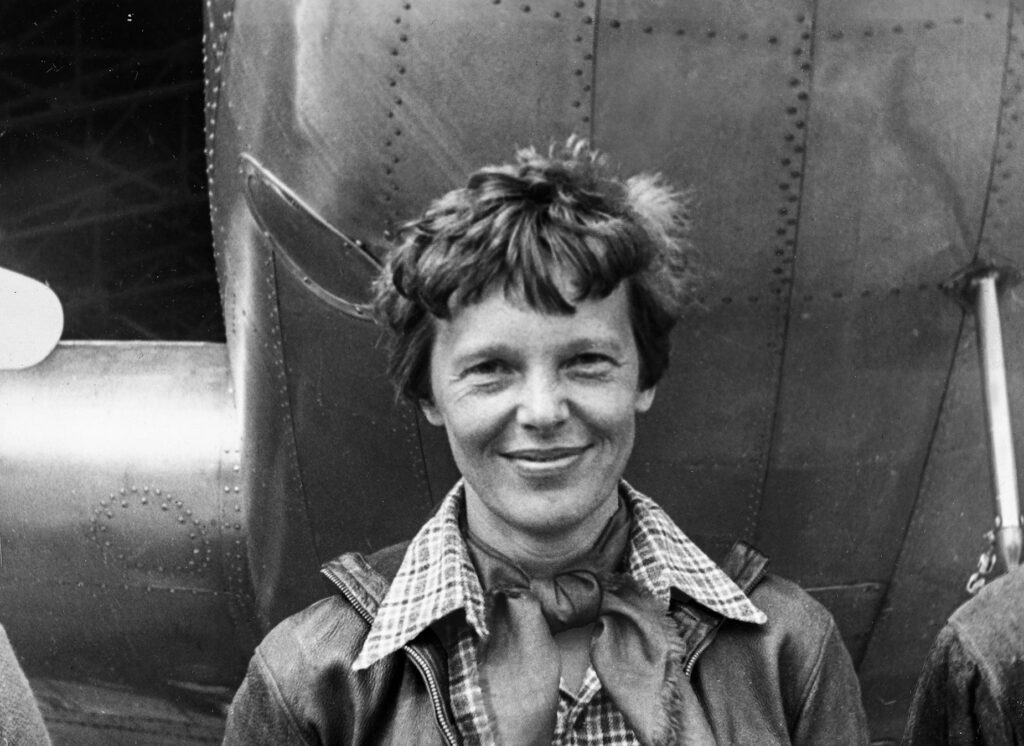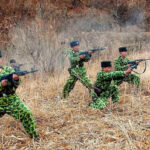What were the reasons behind Stalin’s and Brezhnev’s dislike of Khrushchev?
What were the reasons behind Stalin’s and Brezhnev’s dislike of Khrushchev? Stalin and Brezhnev had different reasons for disliking Nikita Khrushchev, shaped by their own leadership styles, ideologies, and political goals. Let’s break down the key reasons for their discontent:
Stalin’s Dislike of Khrushchev
Stalin’s relationship with Khrushchev, who rose through the ranks during his reign, wasn’t as openly hostile but had underlying tensions.
Personality and Approach:
Khrushchev, while loyal to Stalin during the earlier years, was less of a hardline ideologue compared to other members of Stalin’s inner circle. His informal, populist style sometimes grated on Stalin, who preferred loyalty and strict adherence to centralized control.
Policy Differences:
Khrushchev adhered to Stalinist policies, he occasionally supported regional reforms that emphasized agriculture or light industry, diverging from Stalin’s heavy focus on industrialization and militarization. His advocacy for Ukrainian interests, while Stalin was the head of the Soviet Union, also raised some suspicions.
Post-Stalin Criticism:
Stalin’s dislike of Khrushchev is more clearly revealed retrospectively. Khrushchev denounced Stalin in his “Secret Speech” of 1956 during the 20th Party Congress, condemning his purges and cult of personality. Stalin, had he lived longer, likely would have viewed Khrushchev’s later de-Stalinization efforts as a severe betrayal.
Brezhnev’s Dislike of Khrushchev
Brezhnev’s opposition to Khrushchev was much more direct and politically motivated.
Leadership Style:
Khrushchev’s brash and impulsive style, combined with his unpredictable policies, alienated many within the Soviet elite. Brezhnev, in contrast, valued stability, consensus, and order. He saw Khrushchev’s frequent changes in policy direction (such as the Virgin Lands Campaign and the Cuban Missile Crisis) as reckless and destabilizing.
Economic Policy Failures:
Khrushchev’s agricultural policies, including the Virgin Lands Campaign, initially seemed promising but later failed. The inefficiencies and economic stagnation that emerged under Khrushchev’s leadership led to frustration within the Party, and Brezhnev capitalized on this dissatisfaction. He believed Khrushchev’s attempts at decentralization and agricultural reforms weakened the economy.
De-Stalinization and Party Discontent:
While Brezhnev did not oppose Khrushchev’s critique of Stalin entirely, he disapproved of how far Khrushchev went in dismantling Stalin’s legacy. The de-Stalinization process threatened the stability and legitimacy of the Party itself. Brezhnev and other Party leaders worried that Khrushchev’s denunciation of Stalin could undermine their authority and erode the Communist Party’s control.
Foreign Policy Missteps:
Khrushchev’s handling of international crises, especially the Cuban Missile Crisis, was seen as a diplomatic failure. Brezhnev and his allies believed that Khrushchev’s brinkmanship brought the USSR to the edge of nuclear war with the U.S. without achieving significant gains.
Power Struggles and Coup:
Brezhnev was part of a group within the Politburo that eventually ousted Khrushchev in 1964. By then, many senior Party members were dissatisfied with Khrushchev’s erratic leadership, and Brezhnev, who favored a more conservative and cautious approach, orchestrated Khrushchev’s removal to install himself as General Secretary.
In summary, Stalin’s dislike of Khrushchev was rooted in policy differences and Khrushchev’s later denouncement of Stalin, while Brezhnev’s opposition was driven by Khrushchev’s leadership style, economic mismanagement, and political instability. Brezhnev’s rise to power was largely a reaction to Khrushchev’s perceived failures.


